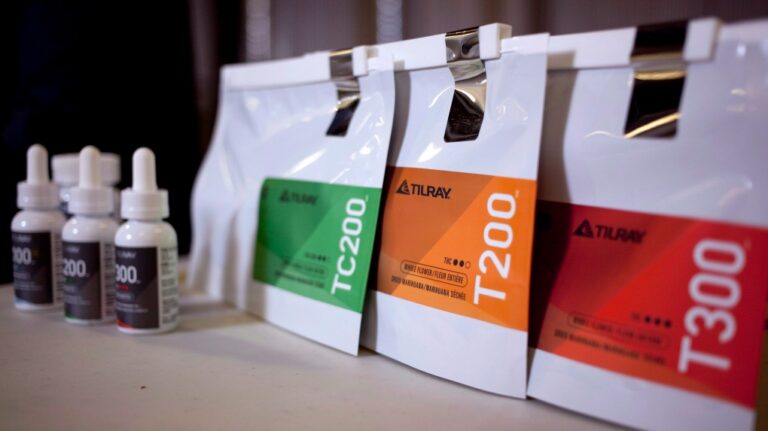European cannabis leaders are open to Germany’s trial recreational cannabis program, even if it means a smaller market. While some see risks, Germany’s “cannabis light” model aims to address concerns about potential EU violations.
German Health Minister Karl Lauterbach’s optimism for full legalization faces hurdles, as EU approval appears less certain. The Schengen Area membership requires European approval, and this trial is seen as a pragmatic political choice.
Michael Sassano, CEO of Somai Pharmaceuticals, views the trial program as a positive step to expand access and volume. European countries like the Netherlands, Luxembourg, Malta, and Switzerland have embraced similar “light” models.
Trials in the European Context
Trial programs in Europe provide a bridge to drug reform, aligning with international law. They offer a politically feasible path to overcome treaty obligations, though challenges exist in interpreting and justifying these experiments. European countries, such as Luxembourg, have faced setbacks in their cannabis trial programs. The Netherlands has struggled to launch its program, emphasizing the complexity of these initiatives.
Optimism for Germany’s Cannabis Future
Aurora Cannabis executive Dirk Heitepriem believes that Germany’s potential pivot to a trial program is a crucial step toward broader legalization. It provides an opportunity to work with European partners and create a unified framework for cannabis across the continent.
Despite potential changes in the private-payer market, the German medical cannabis sector remains strong. New brands are entering the market and the journey to full cannabis legalization may be longer than expected, but the industry is prepared for a gradual transition.
The Evolution of the German Cannabis Market
Germany’s cautious approach to cannabis experimentation mirrors the country’s traditional commitment to well-structured frameworks. According to Heitepriem, the establishment of a trial program could serve as the foundation for future collaboration with European nations seeking to adopt cannabis legalization measures. By working collectively, Germany and its European counterparts aim to develop a cohesive framework that accommodates diverse interests and aligns with evolving cannabis policies.
Potential Impacts on the Medical Market
Despite the potential introduction of recreational cannabis through a trial program, Heitepriem remains optimistic about the stability of the German medical cannabis market. The reimbursement system, albeit complex, continues to function effectively, ensuring access for patients. However, businesses operating in the private-payer market may experience shifts as individuals transition towards the legal recreational market.
For many, the German trial program is not merely a step in the right direction but the first significant stride towards cannabis legalization. While the path may be longer than anticipated, it aligns with a broader vision for the industry’s future. As the cannabis landscape continues to evolve, this transition represents a pivotal moment in Germany’s journey towards a more inclusive and regulated cannabis market.




